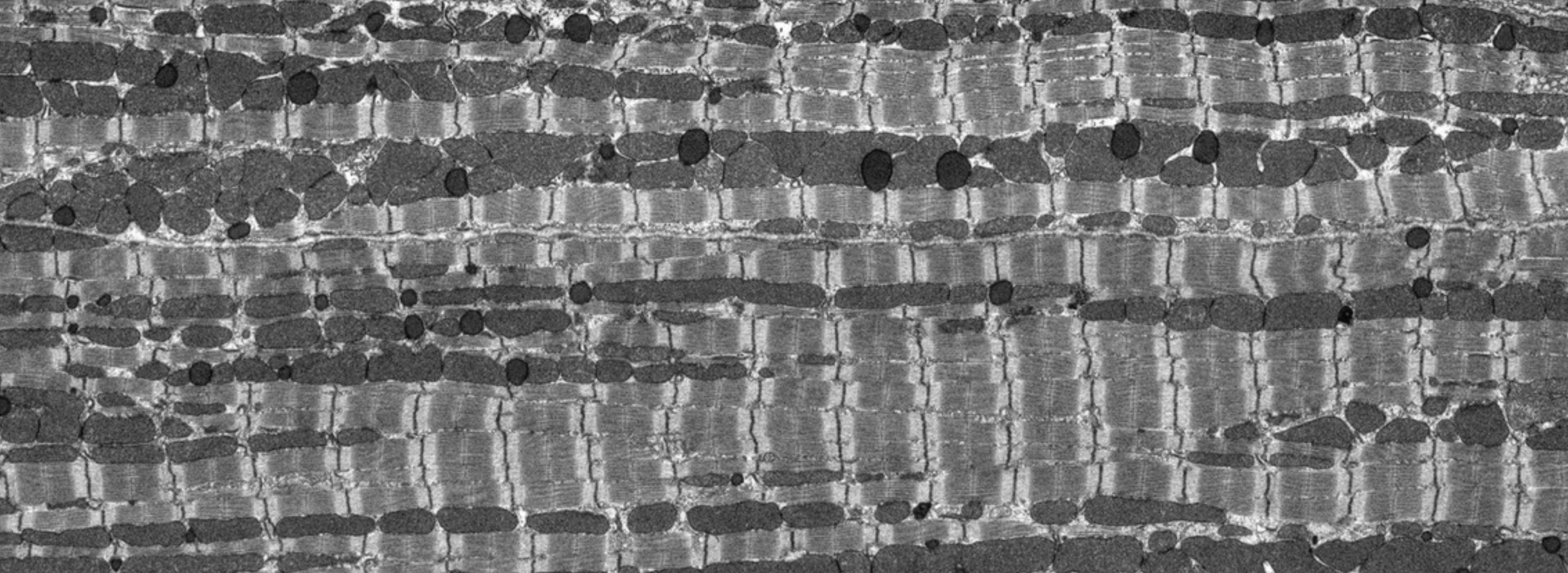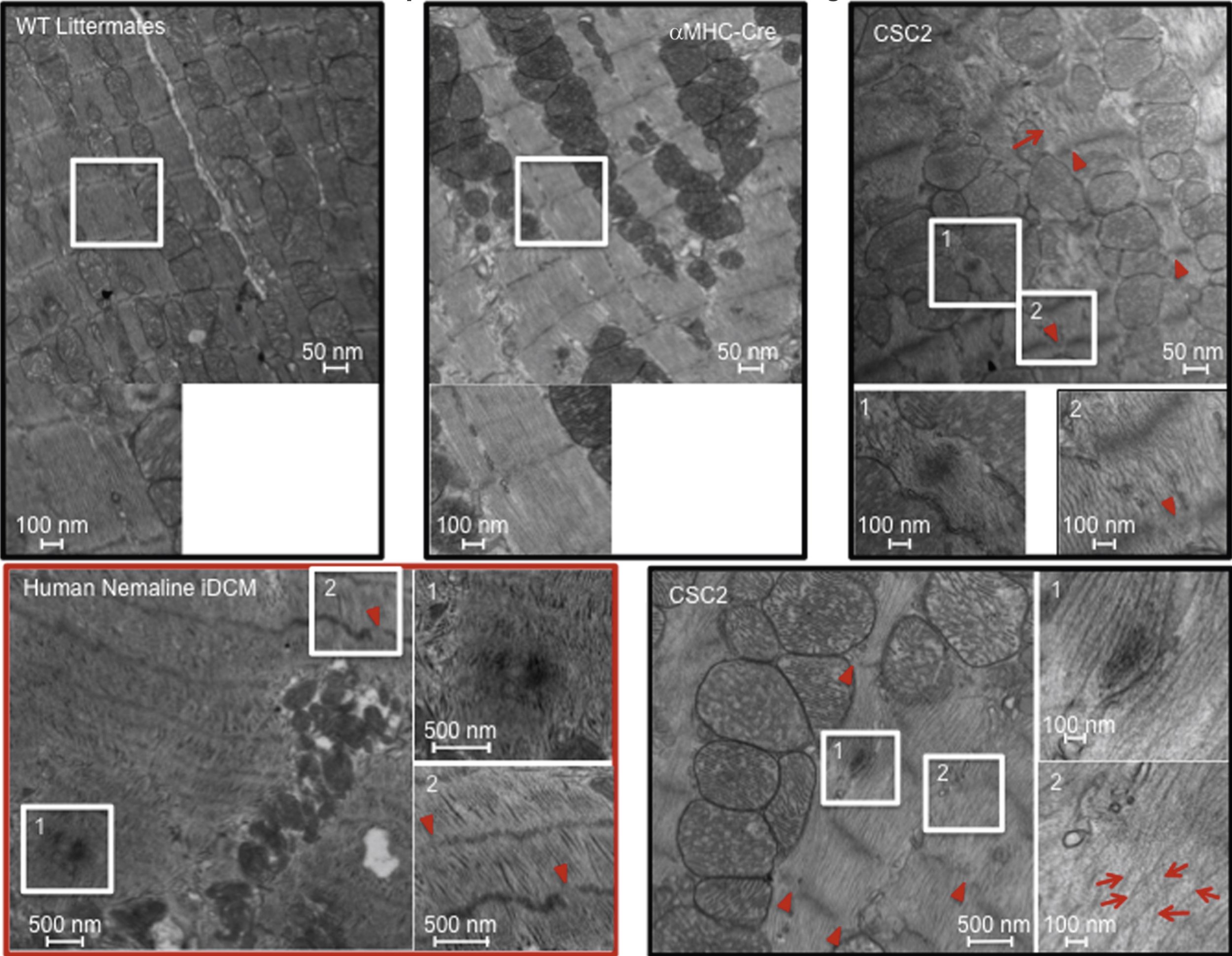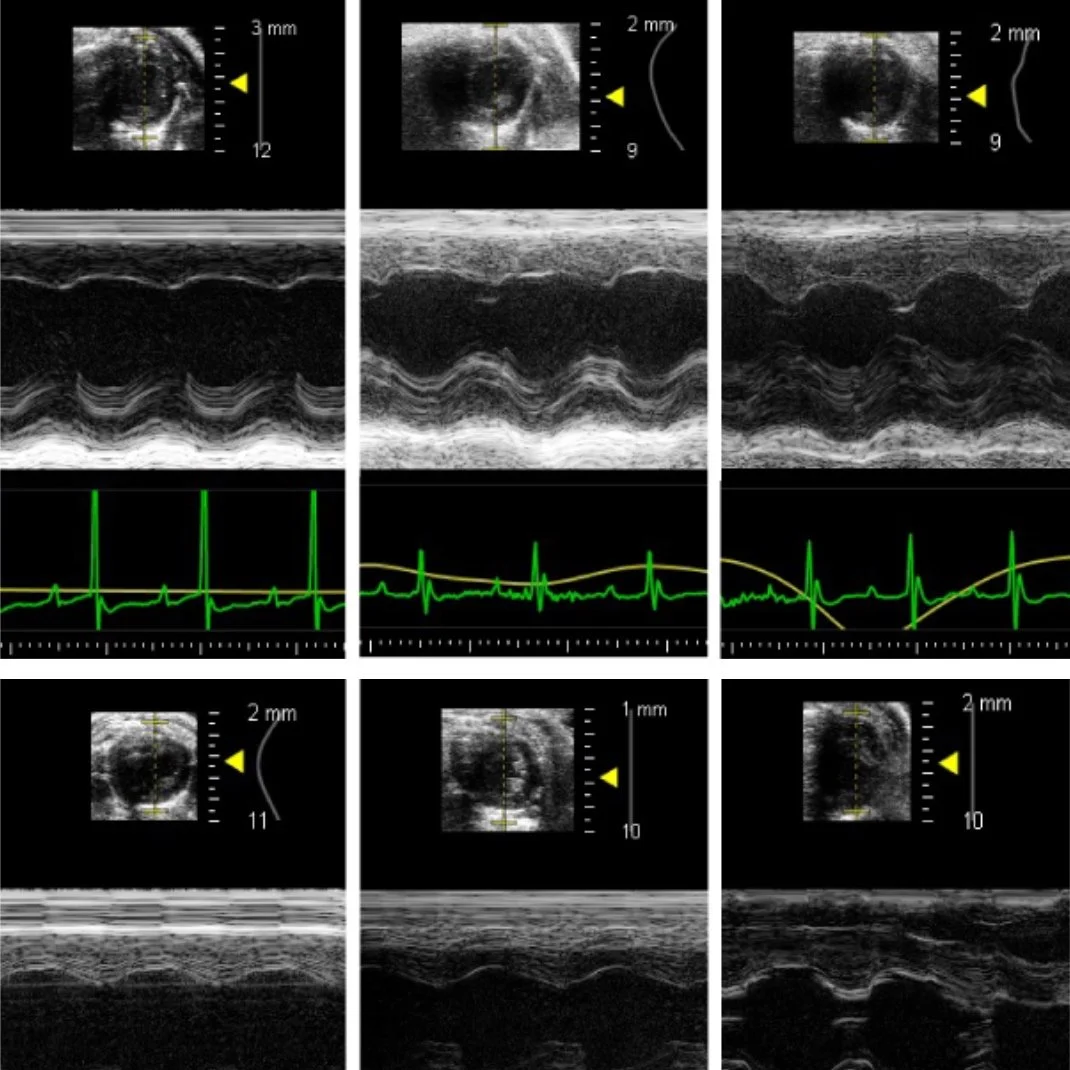
At the Heart of Alzheimer’s
Our laboratory focuses on interdisciplinary basic and translational research concurrently with clinical studies.
Our major interest is to understand the pathogenic mechanisms underlying cardiomyopathy and heart failure.
For this, we made a major breakthrough that led to the discovery that patients with cardiomyopathy share genetic inheritance and risk factors with Alzheimer’s Disease.
Like the brain of Alzheimer's, the heart contains misfolded protein aggregates akin to the ones deposited in Alzheimer’s brains.
These original discoveries opened a new era that included cardiomyopathies in the class of proteinopathies and the new concept that Alzheimer’s is not limited to the central nervous system
Unique resources and approaches
The Heart and Brain Center, associated with the Cardiovascular BioBank allows us to perform molecular and functional studies from single cells to animal models and human tissue to understand the mechanism of origin, toxicity, and spreading of misfolded proteins.
Our ongoing international clinical study enrolling large cohorts of patients and controls from different ethnic origins allows us to understand genetic risks and environmental modifiers, disease presentation, and progression and collect samples to identify novel early biomarkers of heart and brain disease for the ultimate goal of identifying novel natural and pharmacological therapeutic approaches.

Publications
Dr. Federica del Monte MD, PhD
Principal Investigator
Dr. del Monte is a clinician-scientist, Associate Professor in Medicine in the Department of Medicine, Division of Cardiology at the Medical University of South Carolina, and Director of the Christie’s Heart & Brain Program. She is also an Associate Professor of Medicine at the Massachusetts General Hospital, Harvard Medical School in Boston where she developed her USA career over 20 years.
The early work from Dr. del Monte’s lab focused on calcium homeostasis in the failing heart and gene therapy. For those studies, Dr. del Monte is a recognized leader in cardiomyocyte physiology and calcium handling in animal models and human hearts.
Dr. del Monte discovered, in dilated cardiomyopathy (iDCM), plaque and tangles-like protein aggregates similar to the pathological defects in Alzheimer’s Disease (AD). In addition, the lab determined that the heart of patients with a primary diagnosis of Alzheimer’s contains Aβ deposits and present diastolic dysfunction. Given the commonality of the structure/function of misfolded proteins, the results obtained on cardiomyocytes can be translated to any cell, and studying the heart can provide insights for the detection of the onset and progression of brain disorders using the heart as a window to the brain and offering a common therapeutic target for diseases affecting millions of people.
Some of our works












